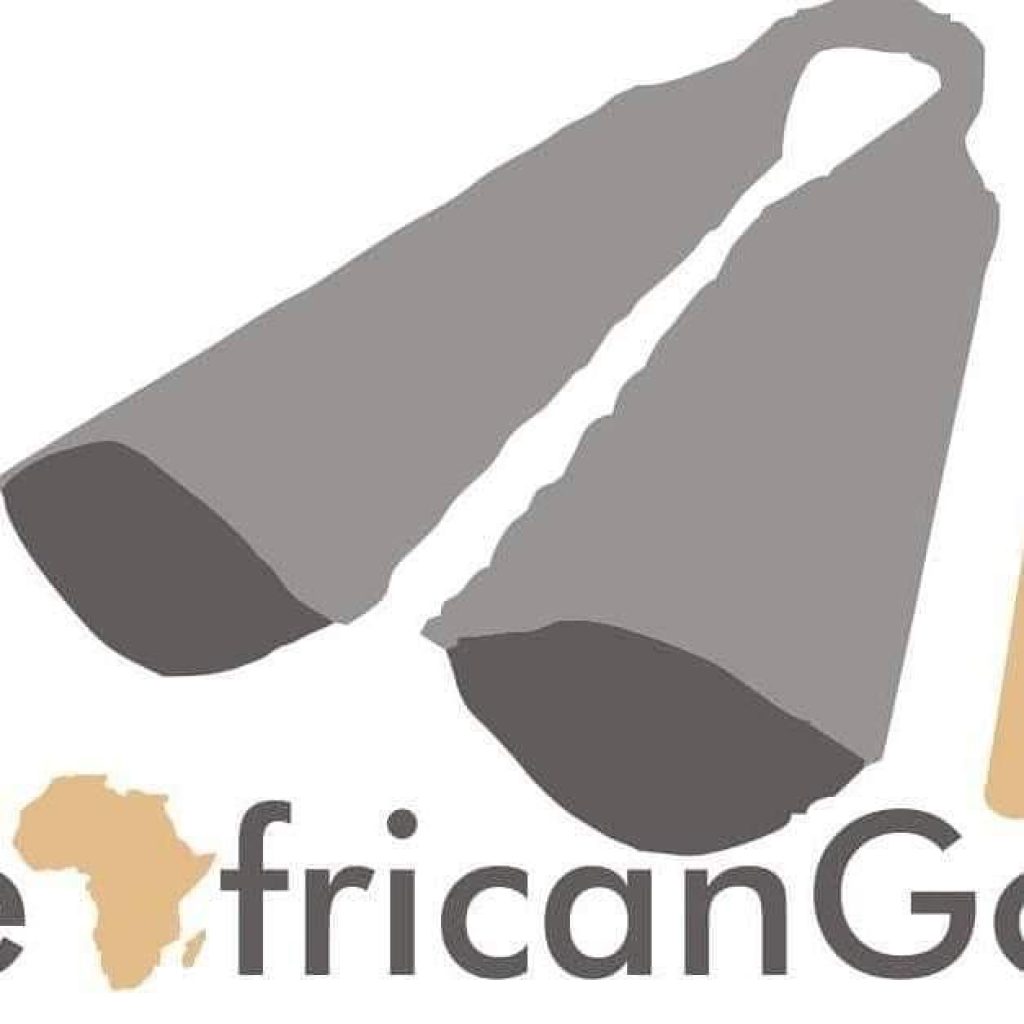
By Wale Ojo-Lanre, Esq., Director General, Ekiti State Bureau of Tourism Development
Nigeria, the most populous country in Africa, is a treasure chest filled with rich cultural diversity, natural beauty, and historical significance. From the bustling streets of Lagos to the serene beaches of Akwa Ibom, and the historical landmarks across the northern kingdoms, Nigeria has a myriad of attractions waiting to be explored. While these assets are well-known to locals and a select group of international adventurers, a tremendous opportunity exists to leverage a creative tourism approach to unlock Nigeria’s potential as a leading travel destination and boost revenue significantly.
Creative tourism transcends traditional travel experiences. It invites tourists to actively participate in local cultures, learn new skills, and immerse themselves in the destination’s spirit. Rather than passively observing, tourists engage in the creative process—be it through traditional art forms, culinary practices, or local festivals. This experiential travel paradigm paves the way for sustainable growth in tourism by utilizing existing cultural assets.
Consider the remarkable efforts of Chief Mrs. Nike Okudaiye, the founder of Nike Arts Gallery, who has spent over four decades consistently promoting creative tourism in Nigeria. Through her gallery, she immerses tourists in the vibrant cultural tradition of Adire-making, a unique form of indigo-dyed fabric that embodies the artistic heritage of the Yoruba people.
By offering hands-on workshops and interactive sessions, Chief Mrs. Okudaiye allows visitors to learn the intricate techniques of Adire creation, transforming their travel experience from mere observation to active participation. This not only enriches tourists’ understanding of Nigerian culture but also supports local artisans and preserves traditional crafts. Her dedication to this cause has not only elevated the profile of Adire but also positioned Nike Arts Gallery as a premier destination for creative tourism, attracting enthusiasts from around the globe.
Nigeria’s historical wealth can easily be packaged and promoted through interactive experiences. For example, tourists can participate in pottery workshops in the historic town of Nok, known for its ancient artifacts, or join traditional dance lessons in Osogbo, incorporating both cultural education and hands-on experiences.
Take the case of Nnenna Nwakanma an indigenous artist who has successfully run art workshops in the Osun-Osogbo Sacred Grove. Her programs not only teach participants about traditional Yoruba art techniques but also emphasize the importance of preserving local culture, thus generating income for both her and local artisans.
With over 800 kilometers of coastline, Nigeria boasts idyllic beaches that promise relaxation and adventure. Locations like Tarkwa Bay and Lekki Beach can host unique experiences such as local fishing festivals, sea-inspired art workshops, or kite festivals, attracting both local and international tourists eager for immersive experiences.

Tunde Afolabi, a creative entrepreneur and coastal community advocate, has pioneered events combining local fishing practices with eco-tourism. His initiatives have drawn both tourists and fishing enthusiasts, promoting sustainable practices while offering visitors an authentic connection with the local culture.
Nigeria is home to diverse ecosystems that are ripe for ecotourism. The Yankari Game Reserve and Cross River National Park hold tremendous potential for nature lovers. Guided eco-friendly tours featuring traditional survival skills nurtured by local guides could appeal to environmentally-conscious travelers.
Also Dr. Amina Ibrahim, a conservationist dedicated to wildlife protection and eco-tourism in Nigeria. Through her organization, Dr. Ibrahim facilitates volunteer programs where tourists participate in wildlife tracking and habitat restoration. Such experiences foster a deeper understanding of Nigeria’s biodiversity while providing tangible benefits to local communities.
The country’s varied topography, including the Mambilla Plateau and Olumo Rock, is a haven for adventure seekers. Combining adventure tourism with cultural immersion—like hiking followed by local folklore sessions or culinary tasting—can transform these natural sites into exciting destinations.
Odunayo Olusegun a local tour operator specializing in adventure tourism, conducts hiking trips on the Mambilla Plateau. His innovative approach includes storytelling sessions around campfires where locals share regional folklore, zealously entrenching tourists in Nigeria’s rich history and cultural heritage.
Nigerian festivals like the Argungu Fishing Festival and Osun-Osogbo Festival are incredible cultural showcases. Expanding these events to include pre- and post-festival workshops where tourists learn local dances or engage in traditional arts and crafts can draw in more enthusiastic participants.
Yiola Sokanu a cultural curator, breathes new life into traditional celebrations by organizing workshops tailored around festival themes. Her initiatives have not only increased tourist participation but also provided local artists and craftsmen with platforms to showcase their skills.
To fully harness Nigeria’s tourism potential, we must adopt several coordinated strategies:
Empower locals as facilitators and guides to ensure authenticity and create jobs. Collaborations with travel agencies and local businesses can enhance tourists’ experiences.

Leverage social media platforms to showcase Nigeria’s vibrant tourism offerings through videos, influencer marketing, and interactive content that can attract a global audience.
Address transportation and accommodation challenges in rural tourist hotspots while ensuring the safety of visitors to foster a welcoming atmosphere.
Implement eco-friendly initiatives that prioritize environmental conservation, minimizing the impact of tourism while fostering community development.
Design customized packages catering to the diverse interests of travelers, from culinary experiences to adventure sports, assuring personalized experiences.

By focusing on creative tourism, Nigeria can carve out a unique niche on the global tourism map. This vibrant approach not only has the potential to boost economic growth but also to empower local communities and celebrate Nigeria’s rich heritage. The time to act is now; with a united vision, Nigeria can turn its cultural and natural wealth into thriving tourism assets, showcasing the country’s beauty to the world while transforming lives in the process.
